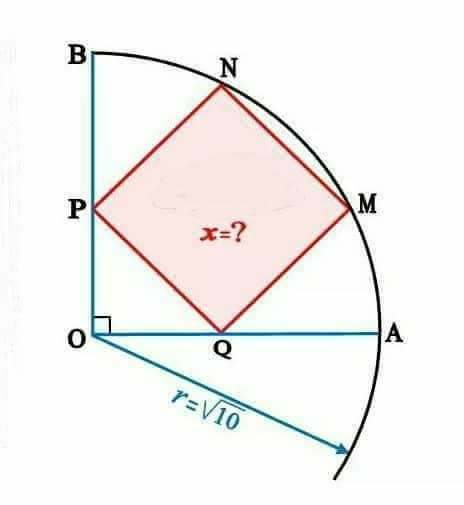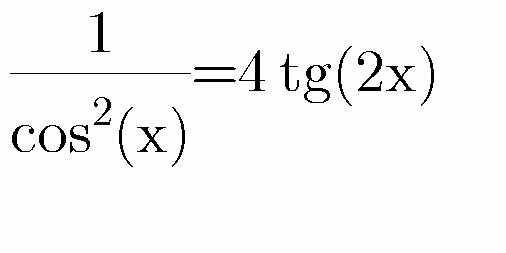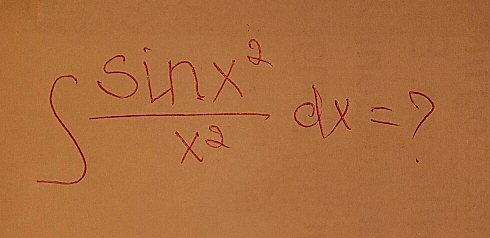
AllQuestion and Answers: Page 1378
Question Number 75902 Answers: 1 Comments: 1

Question Number 75901 Answers: 1 Comments: 0

Question Number 75899 Answers: 0 Comments: 0
Question Number 75896 Answers: 1 Comments: 0
Question Number 75895 Answers: 1 Comments: 0
Question Number 75894 Answers: 0 Comments: 0
Question Number 75890 Answers: 0 Comments: 0
Question Number 75889 Answers: 0 Comments: 0
Question Number 75888 Answers: 0 Comments: 1
$${find}\:\int_{\mathrm{0}} ^{\mathrm{1}} \sqrt{\mathrm{1}+{x}^{\mathrm{4}} }{dx} \\ $$
Question Number 75883 Answers: 0 Comments: 2
Question Number 75879 Answers: 1 Comments: 0

Question Number 75873 Answers: 1 Comments: 0
Question Number 75868 Answers: 0 Comments: 0
Question Number 75860 Answers: 1 Comments: 0
$${complete}\:{and}\:{balance}\: \\ $$$${S}+{HNO}_{\mathrm{3}} \rightarrow \\ $$$$ \\ $$
Question Number 75851 Answers: 1 Comments: 0

Question Number 75849 Answers: 0 Comments: 0
Question Number 75848 Answers: 2 Comments: 1
Question Number 75840 Answers: 1 Comments: 0
Question Number 75838 Answers: 0 Comments: 1

Question Number 75845 Answers: 1 Comments: 2
Question Number 75830 Answers: 1 Comments: 5

Question Number 75828 Answers: 1 Comments: 1
$$\underset{{n}=\mathrm{1}} {\overset{\infty} {\sum}}\frac{\mathrm{1}}{\mathrm{10}^{{n}} } \\ $$
Question Number 75826 Answers: 1 Comments: 1

Question Number 75846 Answers: 2 Comments: 0
Question Number 75847 Answers: 0 Comments: 2
Question Number 75825 Answers: 0 Comments: 0

Pg 1373 Pg 1374 Pg 1375 Pg 1376 Pg 1377 Pg 1378 Pg 1379 Pg 1380 Pg 1381 Pg 1382
